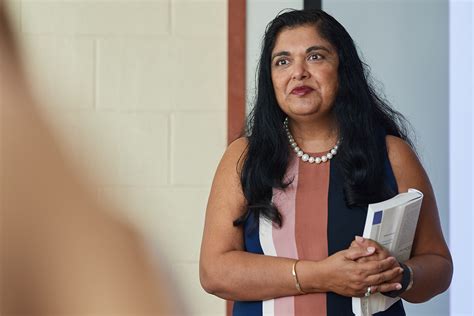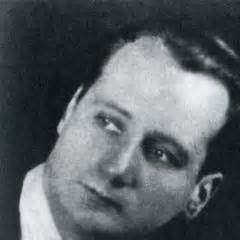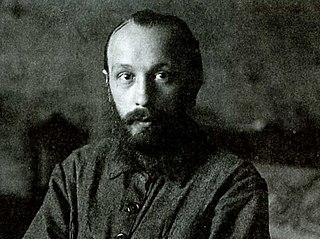A Quote by Simon Critchley
The other side of my work is political disappointment - the realization that we are living in an unjust world. "Blood is being spilled in the merriest way, as if it was champagne," Dostoevsky says. That raises the problem of justice, what it might mean in an unjust world and whether there can be an ethics and a political practice that would be able to face and face down the injustice of the present. How might we begin to think about that?
Related Quotes
There are two forms of disappointment that interest me: religious and political disappointment. Religious disappointment flows from the realization that religious belief is not an option for us. Political disappointment flows from the fact that there is injustice - that we live in a world that is radically unjust and violent, where might seems to equal right, where the poor are exploited by the rich, etc.
Solitude does not necessarily mean living apart from others; rather, it means never living apart from one's self. It is not about the absence of other people -- it is about being fully present to ourselves, whether or not we are with others. Community does not necessarily mean living face-to-face with others; rather, it means never losing the awareness that we are connected to each other. It is not about the presence of other people -- it is about being fully open to the reality of relationship, whether or not we are alone.
In the case of women, it is of the living and unpublished blood that the violent world has professed to be delicate and ashamed. See the curious history of the political rights of woman under the Revolution. On the scaffold she enjoyed an ungrudged share in the fortunes of party. Political life might be denied her, but that seems a trifle when you consider how generously she was permitted political death.
In trying to address the systemic problem of racial injustice, we would do well to look at abolitionism, because here is a movement of radicals who did manage to effect political change. Despite things that radical movements always face, differences and divisions, they were able to actually galvanize the movement and translate it into a political agenda.
To think that practice and realization are not one is a heretical view. In the Buddha Dharma, practice and realization are identical. Because one's present practice is practice in realization, one's initial negotiating of the Way in itself is the whole of original realization. Thus, even while directed to practice, one is told not to anticipate a realization apart from practice, because practice points directly to original realization.
Those who have to face persistent political persecution become highly politicized. Our lives take on a rhythm different from those who, on waking up in the morning, do not need to wonder who might have been arrested during the night and what further acts of blatant injustice might be committed against our people later during the day. Our antennae become highly sensitive to vibrations barely noticed by those whose everyday existence is removed from political struggle.
Man, says Protagoras, now has the wisdom necessary for life ... but he does not have political wisdom. At this point, people are living spread out and hence are at the mercy of stronger animals, who begin killing them off.... They seek to save themselves from the beasts by banding together and forming cities. But they do injustice to one another, at such close quarters, because they lack the political art. So, dispersed once more, they begin perishing again.
I have always had a deep belief that every movie, every artistic expression, is political. Don't be fooled. Even ones that we wouldn't consider overtly political are political. When we spend time doing anything, whether it's distraction or whether it's something that we have to face, it is always political. That's my belief.
The catharsis that finalizes Dostoevsky's novels might be - of course inadequately and somewhat rationalistically - expressed in this way: nothing conclusive has yet taken place in the world, the ultimate word of the world and about the world has not yet been spoken, the world is open and free, everything is still in the future and will always be in the future







































